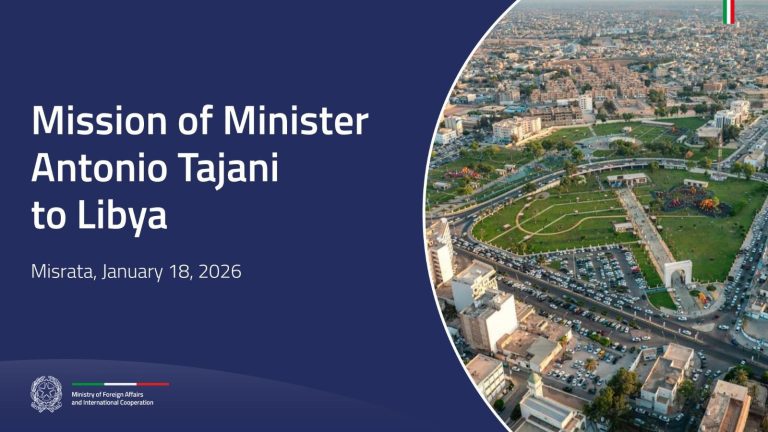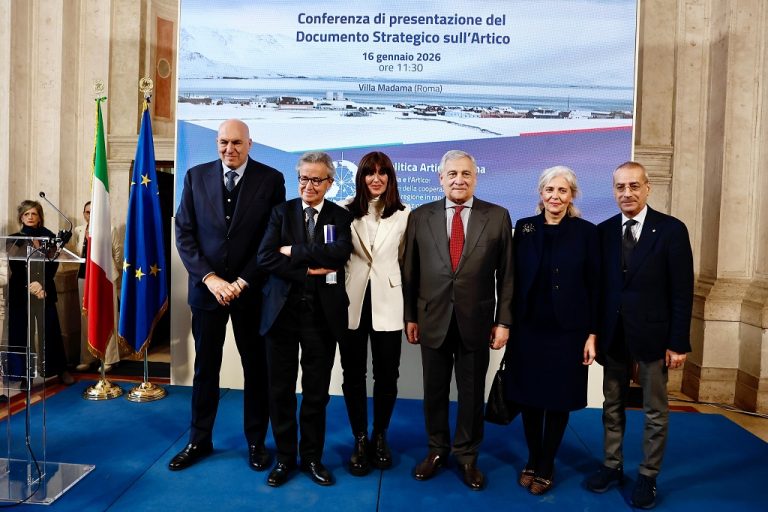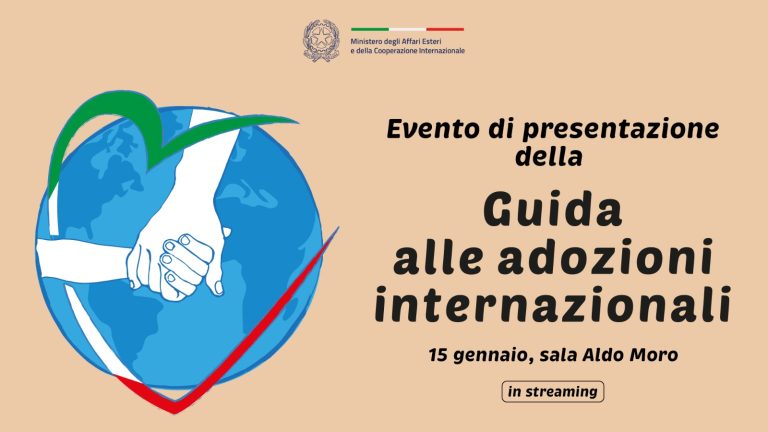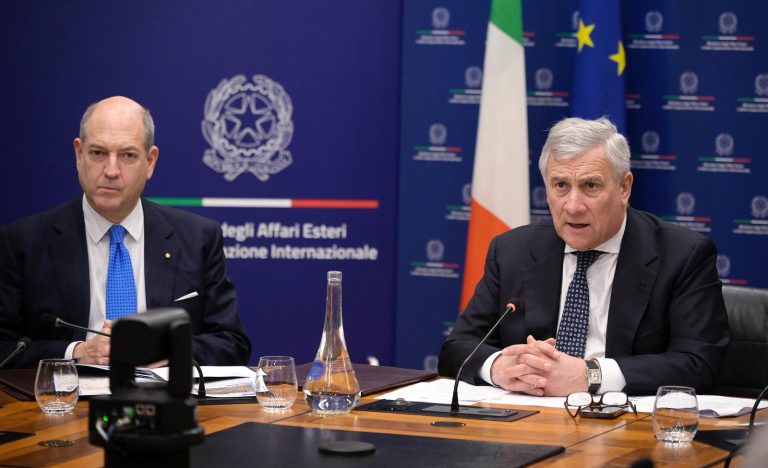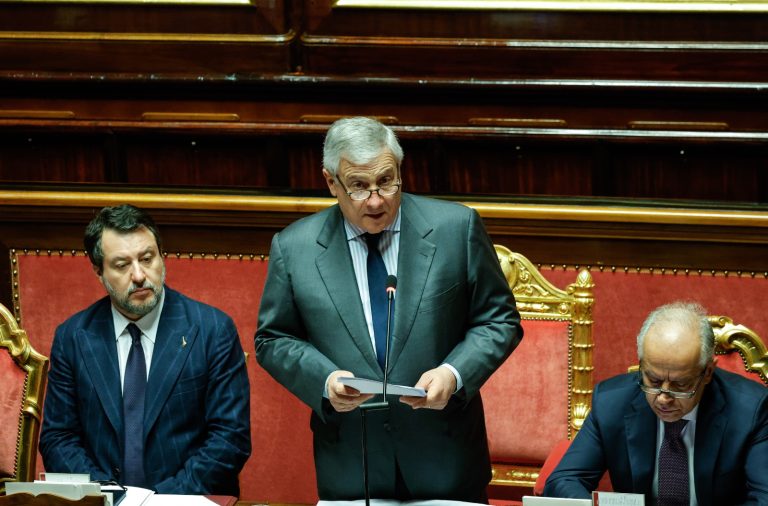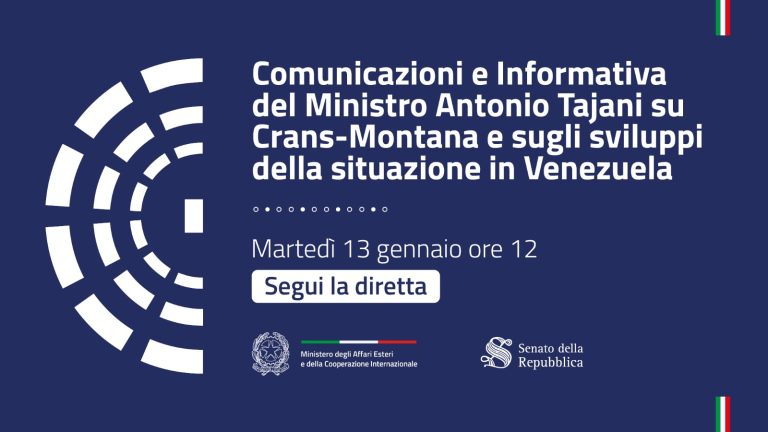It is a light budget package, worth €18.7 billion. But it anyway satisfies everyone: Fratelli d’Italia, Lega and Forza Italia. For the additional reason that Prime Minister Meloni government’s economic strategy is tied to the entire legislature. Foreign Minister and Deputy Prime Minister Antonio Tajani told Milano Finanza: for next year “we are aiming for a more substantial budget law.”
Minister Tajani, from Gaza to the budget package: these have been very intense days. What is the outcome?
I am very satisfied both with the start of this very difficult truce in Gaza and with how the budget package has gone.
Are you satisfied both as Deputy Prime Minister and as leader of Forza Italia?
Absolutely. Discussions are always intense within the majority, but the important thing is to achieve the goal. I would say we have succeeded.
Peace has therefore been made with Deputy Prime Minister Salvini?
There has never been and there will never be a war with Salvini. There is a political debate to rule the country together. We belong to different political groups that have been united in a coalition for years. That is all.
Let us revert to the budget package. Overall, how do you assess it?
Very well. It is part of a comprehensive strategy encompassing the five years of legislature. Our vision is clear: reduce the tax burden; help the middle class; increase wages for the poor; help companies, and continue to fight for healthcare.
Measures that will be covered thanks to everyone’s contributions, including banks and insurance companies?
Exactly, with a voluntary contribution. No tax has been imposed on excess profits, which is a meaningless concept anyway.
What agreement are you concretely talking about?
Several measures are being discussed for banks. First, we will give them the possibility of voluntarily releasing the profits set aside in 2023, but paying a reduced rate of 27.5% from 40%. We are aiming for a slight increase in revenue by postponing DTAs, and the 2% increase in IRAP (the regional tax on productive activities) will certainly support public coffers. Next, a new regime will be introduced regarding the deductibility of hard-to-collect loans (which will be spread over multiple financial years) and a limitation on the tax carry-forward of losses.
How much money are you talking about?
The expected contribution from the two sectors is €4.5 billion for the first two years, to which €2.5 billion will be added for the third. In total, we expect a contribution of approximately €11.5 billion.
There is still some uncertainty regarding insurance companies…
Discussions are still ongoing, but we will give them the same choice as the banks, and obviously the IRAP increase will affect them as well. Our attitude, however, is the same: we support a social market economy. We want to commit resources to helping the middle class and the most vulnerable segments of the population. We will make pay rises for the lowest salaries tax-exempt in the 2025-2026 national labour agreements.
Does focusing only on credit and insurance risk scaring investors away?
Of course. A government that has a harassing attitude toward banks scares all companies. It scares investors, and harms Italy. The market needs to be protected. I insist on this: with the resources coming from these sectors, we will finance healthcare interventions. Seen from outside, this is a budget manoeuvre aimed at those most in need, and I believe banks will be given credit for this.
Some are already calling it a Robin Hood-style budget manoeuvre.
Everyone makes sacrifices; we need to protect a greater good, that of Italian citizens. We have achieved this by lowering the personal income tax rate (IRPEF) from 35% to 33%, for income up to €50,000, a benefit that may be used for income up to €200,000.
Do you have anything else planned?
An idea we are studying is reducing tax expenditures. In Italy, we have around 600 tax relief mechanisms; we could probably reduce them and allocate these resources to citizens instead of using them for exemptions that are often not even used.
Among the planned measures, which one do you think is most impactful for companies?
There are several; after all, we are allocating €8 billion to companies. The super- and hyper-depreciation mechanisms are certainly a very important sign for companies. But payback, the postponement of the sugar tax, and the plastic tax, are also crucial measures. We have done everything in our power, especially considering we have had to deal with high interest rates and two wars on Europe’s doorstep.
If you could send a message to companies, what would it be?
We are looking to their future, and therefore to the country’s future. We cannot reduce everything to a matter of money; we need a strategy. I am speaking at the Italian level, but also at the European level.
With specific reference to growth and long-term objectives, are Italian exports still aiming for €700 billion in 2027 despite the drop in sales in August due to tariffs?
We cannot give up on the goal of internationalization. The growth of Italian companies’ exports is an important driver of our economy. Indeed, both with the Export Pact and the reform of the Ministry of Foreign Affairs – which envisages the introduction of a Secretary General for Economic Policy—we are demonstrating the importance of supporting companies and having a vision and strategy.
Overall, the budget manoeuvre to be adopted is a light one. Can we expect something more for the next Budget Law?
Absolutely, we will work even harder.

